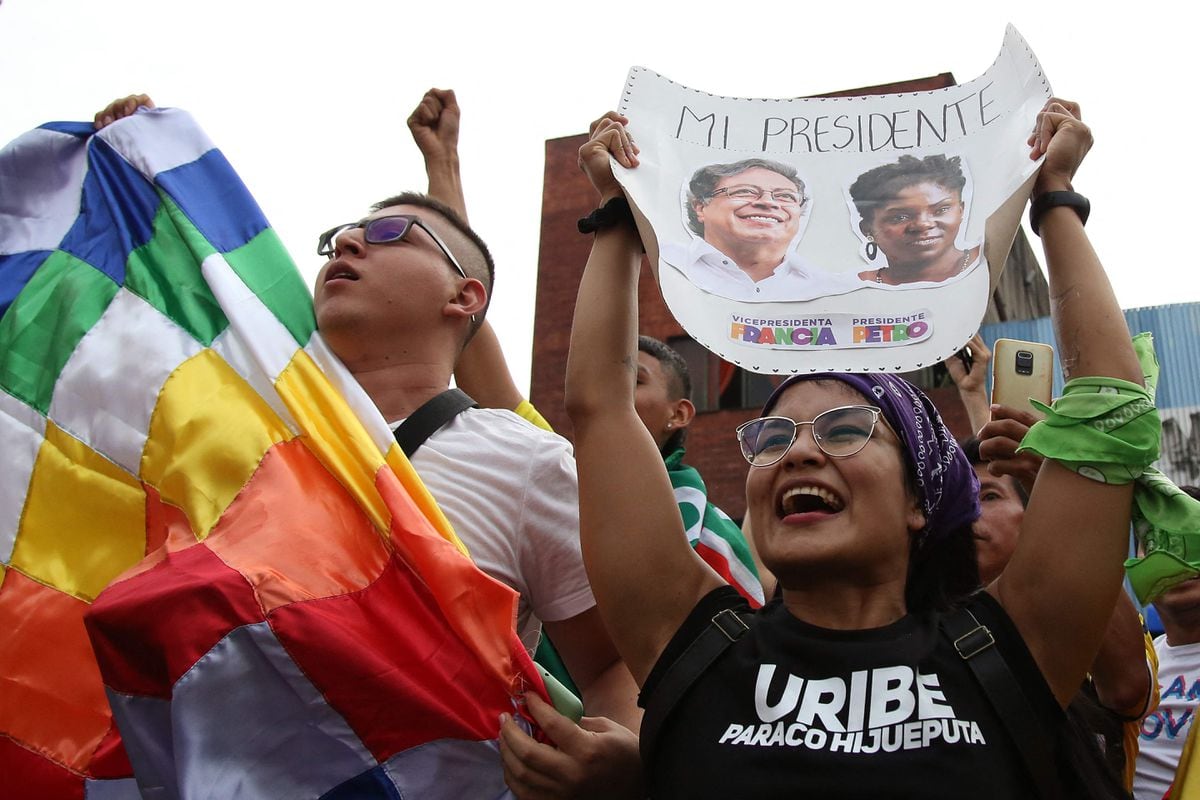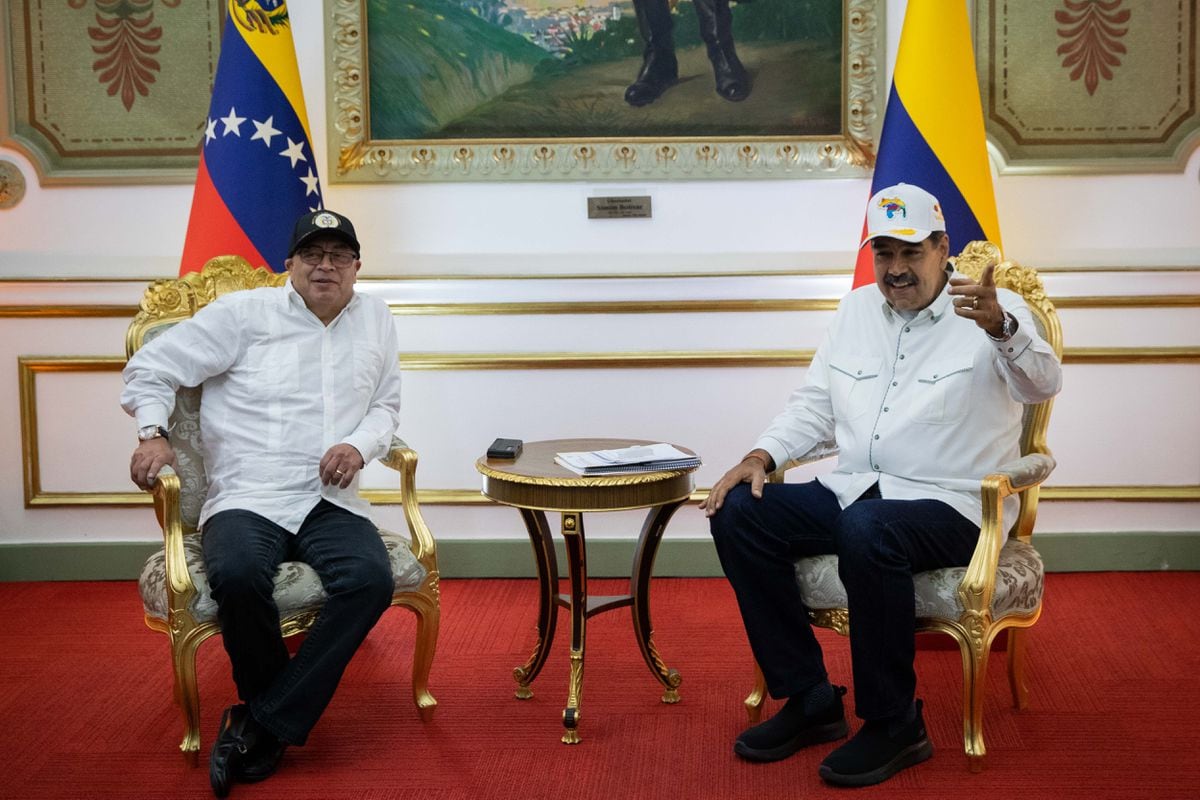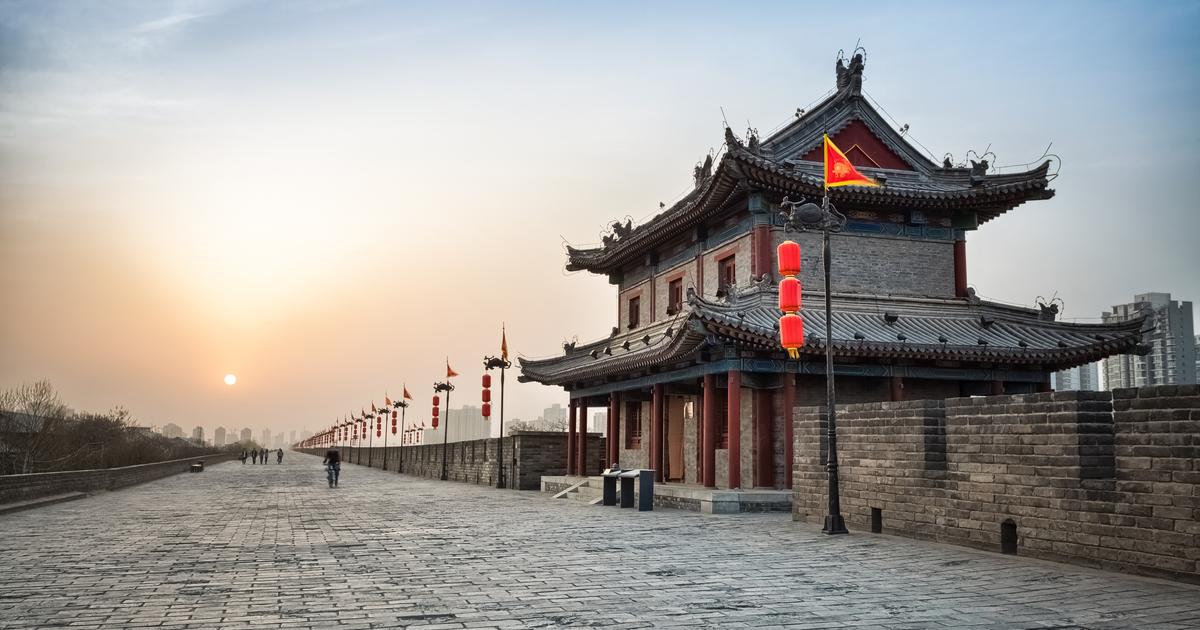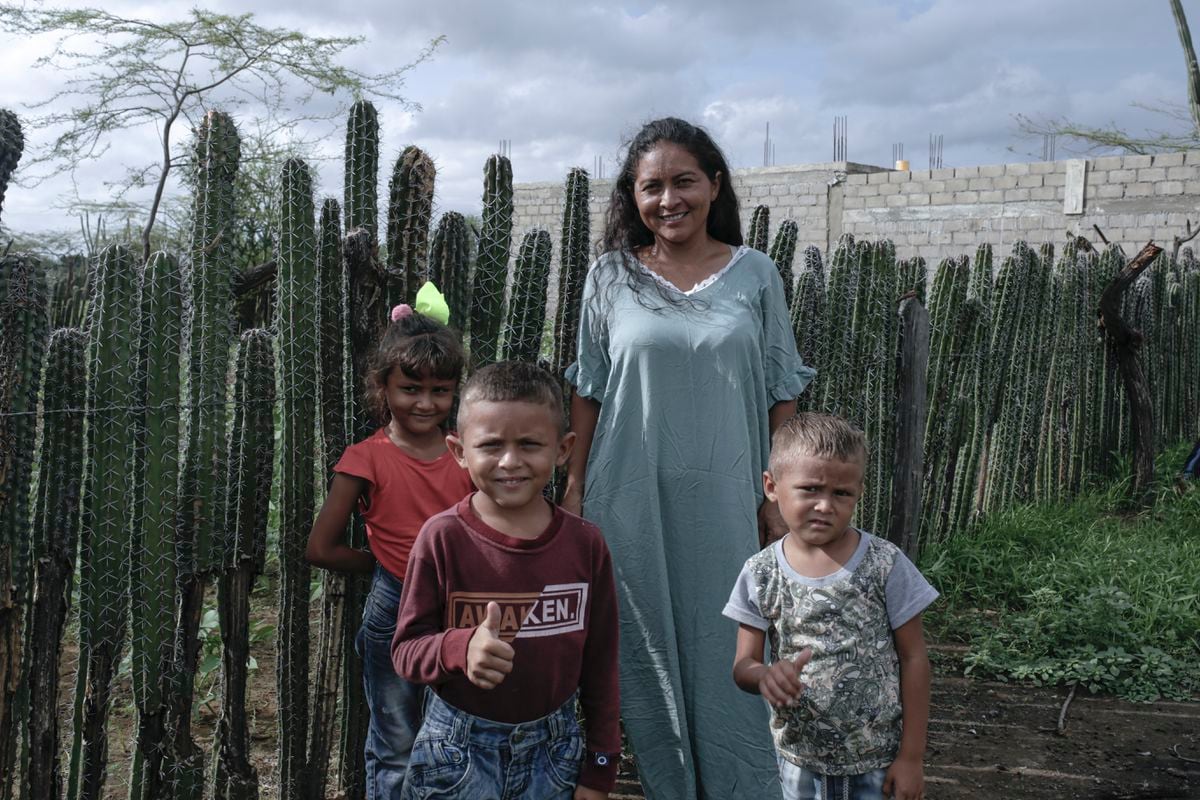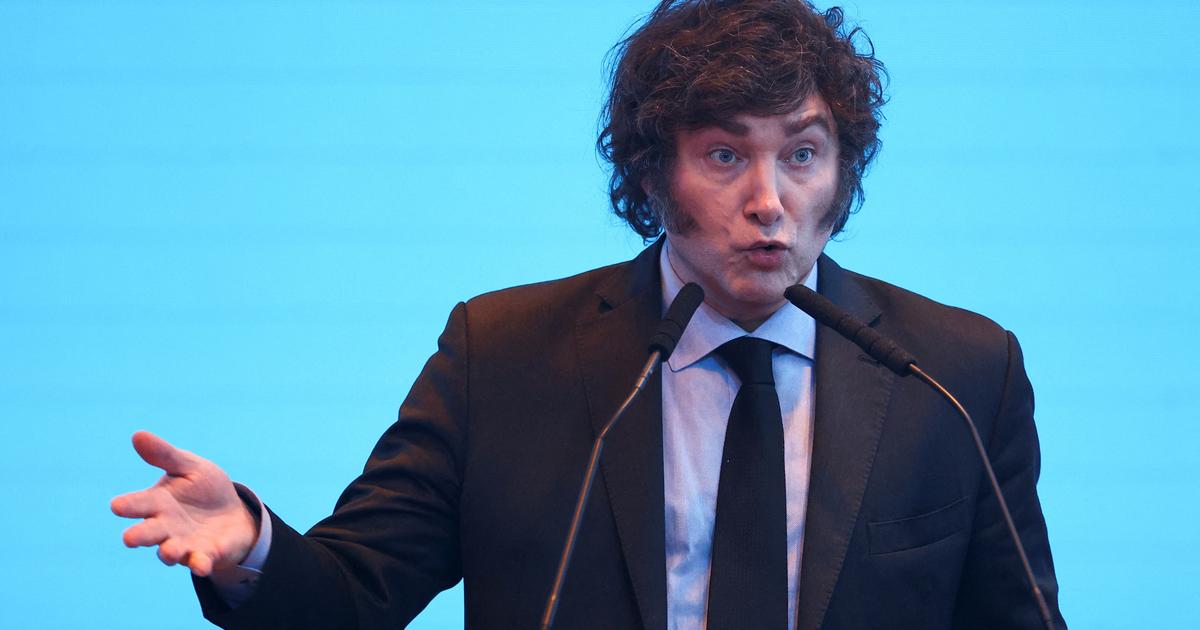Colombia finally turned its history around and brought the left to power.
In the country that had the oldest guerrilla in the continent, in which the status quo was defended by the military and paramilitaries, and in which progressive leaders were shot dead, this assault from the sky of the left was surprisingly peaceful.
In an hour and a half of counting, the binomial of Gustavo Petro and the Afro-Colombian feminist activist Francia Márquez won the victory and left behind the picturesque businessman Rodolfo Hernández, who by dint of TikTok, a sophisticated network campaign and criticism of the The “robadera” of politicians displaced the conventional right and became the vector of the anti-Petro vote.
As his autobiography is titled, Petro has “one life, many lives” and, with a personality that many point to as complex, managed, against all odds, to federate the vote for progressive change.
And already, with Hernández as a rival, the one with the "non-suicidal" change against the unpredictable former mayor of Bucaramanga.
But if Petro had many lives, that of a former guerrilla (of the M-19) was remembered these days by his opponents in politics and in the media.
The magazine Semana published a widespread cover in which the election was presented as an option between the "ex-guerrilla" and the "engineer".
In the networks they responded with two other photos: that of the former Uruguayan guerrilla José "Pepe" Mujica in front of the Peruvian engineer Alberto Fujimori.
The truth is that the peace agreement allowed the left to achieve this electoral victory in Colombia -which was the only country in South America not governed by the left or the center left-.
And it is no coincidence that this result of the Historical Pact, as a democratic left, has as a correlate the disappearance of the electoral force created by the demobilized FARC due to the absence of votes.
With this election, Colombia joins the "club" of South American progressivism that finds itself in a somewhat paradoxical moment: it is more successful in electoral victories than in a state administration that has become elusive and plagued by internal tensions in the governing coalitions.
But at the same time, the arrival of Petro gives a renewed air to this block that this year could add Lula da Silva in Brazil.
The defeat of the Colombian right ends, moreover, closing the image of the Pacific bloc as the liberal-conservative counterpart of "populism" on the other side of the continent.
Petro's victory was marked by a process of massive mobilizations that put into play the new youth sensitivities while Uribismo lost its halo of invincibility and revealed social weariness with a development model for many in need of profound changes.
Without forgetting the electoral effect of the deep unpopularity of the government of Iván Duque.
Petro will join the discourse of the modern left that Gabriel Boric is already raising and his "turquoise diplomacy" (green and blue of the oceans) in Chile, concerned about environmental issues, the rights of women and sexual minorities, and also about social inequality.
To win, the former mayor of Bogotá had to fight to differentiate himself from the image projected by Venezuela and its massive migration to Colombia, which reminds any son of a neighbor that the model of "21st century socialism" does not work.
Petro and Márquez's campaign combined political and citizen epics with agreements with various local power machinery, added to former operators of ex-president Juan Manuel Santos, the one who entered power like a hawk and left like a dove, leaving as a legacy the agreements of peace.
In fact, the vote for Petro coincides with the geographical support for that agenda.
The director of the digital magazine La Silla Vacía, Juanita León, summed up what was unprecedented in this election: “For the first time, bipartisanship and all its ramifications do not enter the competition.
For the first time, there are two Afro women on the electoral card.
For the first time, the left arrives practically united.
For the first time, there was talk of racism, feminism, pension funds, whether or not oil is good for Colombia, inclusive language.
For the first time this century, the campaign did not revolve around Álvaro Uribe or the FARC.
For the first time a candidate arrives who is very frightening to the [establishment] and to the military forces, and he arrives alive”.
Arriving alive, in Colombia, is not a detail.
And arriving alive and winning, is already going down in history.
What the progressive liberal Luis Carlos Galán could not in 1989,
In the end, behind the barbarity of the armed conflict and the no less barbaric responses of the State, and as part of the many Colombian paradoxes, the country built institutions that allowed the drafting and approval of the 1991 Constitution -in a Constituent Assembly that had between its leaders Antonio Navarro Wolff, another former M19- and this Sunday those institutions enabled a profound political change through elections.
Beyond the results of Petro's management, which as in the rest of the region will not be easy, Colombia made a great settling of accounts with itself with this election.

